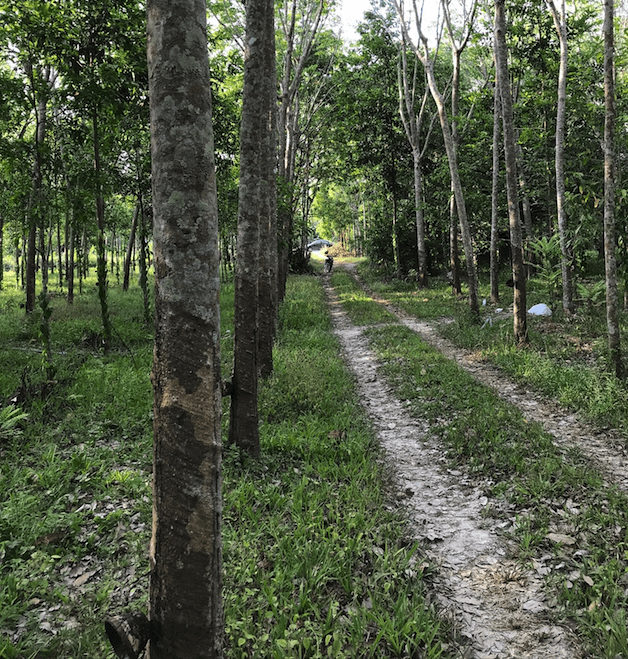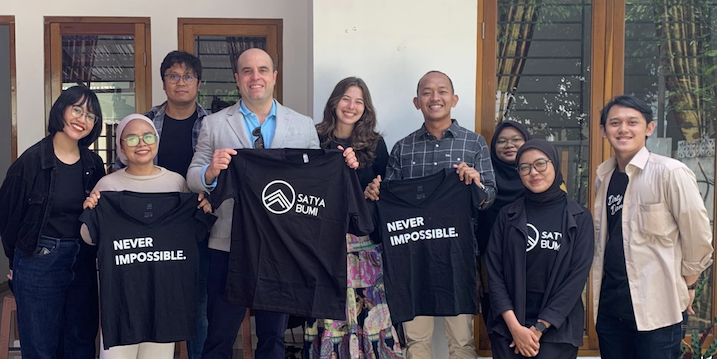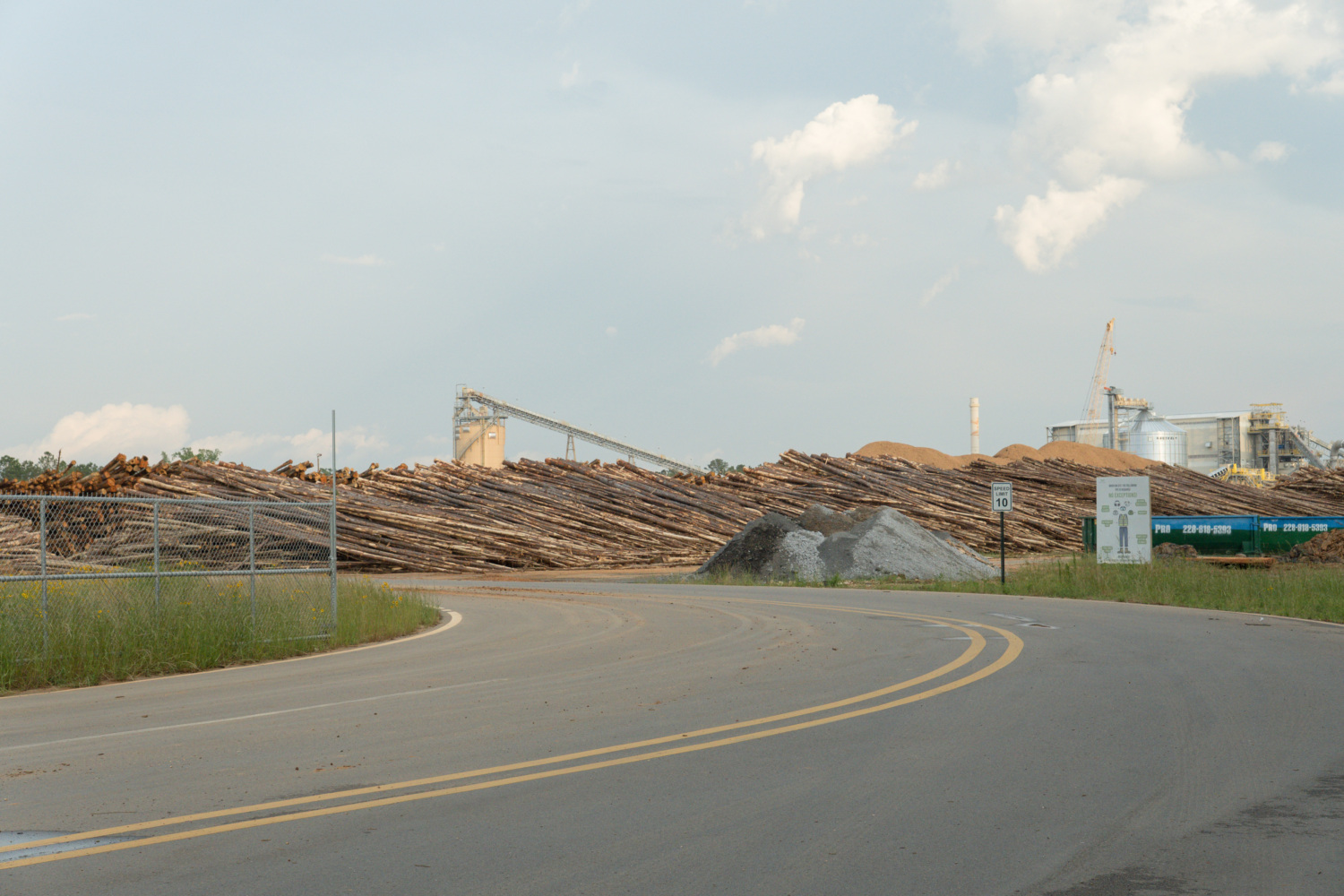
After Vote, Mighty Earth Hails Important Progress in Rubber Industry
Global Platform on Sustainable Natural Rubber adopts strong measures that will improve industry’s sustainability and accountability with successful implementation
WASHINGTON, DC – The General Assembly of the Global Platform on Sustainable Natural Rubber (GPSNR) has just overwhelmingly approved new resolutions that embrace firm commitments to sustainability standards, improve representation within the Platform, and ensure accountability for member companies.
The new measures will enable the equal participation of smallholder farmers in the Platform, pave the way towards the establishment of an effective grievance mechanism, and set out a strong set of policy commitments for member companies to stop deforestation and human rights abuses.
Member companies will be required to adhere to a set of policies that ensure critical human and environmental rights standards including ending deforestation, land grabbing, workers’ rights abuses, the use of harmful chemicals, and more.
“We are happy to see these positive steps forward by the natural rubber industry,” said Julian Oram, Senior Director at Mighty Earth and member of the working group that developed the policies. “But the proof will be in the pudding. Companies need to work together in partnership with smallholder farmers to develop plans to implement these policies quickly so we can end major deforestation and human rights abuses.”
“Demonstrating commitment to the implementation of these policy components will ultimately determine whether or not GPSNR succeeds,” Oram said.
Mighty Earth welcomed the GPSNR’s strong endorsement of a measure to create a grievance mechanism, which will now be delegated to the Executive Committee for design and implementation.
“The adoption of a transparent and accessible grievance mechanism to ensure communities have access to remedy when companies fail to live up to their commitments is the next key step for GPSNR,” said Margaret Kran-Annexstein, Director at Mighty Earth and member of the GPSNR Executive Committee. “These sorts of mechanisms – and the accountability they create – can transform industries if implemented successfully. We are looking forward to working with our colleagues to ensure that GPSNR is a platform that truly eradicates deforestation, human rights abuses, and smallholder poverty from rubber supply chains.”
Mighty Earth also hailed the successful measure to include smallholders as a new category of members. “Representing 85 percent of rubber production, smallholders must have a seat at the table, although such a move is, unfortunately, uncommon in multi-stakeholder initiatives,” said Oram, who also serves as the co-chair of GPSNR’s smallholder representation working group. “We are proud that GPSNR will now include their voices on an equal footing.”
Rubber plantations are a growing driver of deforestation worldwide, particularly in Southeast Asia and Western Africa, accelerating climate change and destroying the habitats of endangered animals including tigers, gibbons, and elephants. Industrial plantations also often violate the rights of forest-dwelling communities and Indigenous peoples. Forced displacement, land grabbing, and human rights abuses frequently accompany the establishment of rubber plantations in areas of tropical forest, while smallholder farmers are currently paid extremely low prices for their rubber. Mighty Earth has documented the impact of the rubber industry on the natural environment and human rights in Southeast Asia and Africa, and called on tire companies like Bridgestone, Goodyear, Continental, Michelin and Pirelli to produce transformative rubber-buying policies that will stop deforestation and exploitation in rubber producing countries as quickly as possible. To date, at least nine companies have issued such policies, though many gaps remain.
First launched in March 2019, the GPSNR is a collaboration between rubber companies, major tire brands, carmakers, civil society organizations, and smallholder farmers that seeks to address the rubber industry’s lagging sustainability efforts. These disparate members of GPSNR work collaboratively to devise concrete measures to transform the industry, a process that at times can be fraught with difficulties. Mighty Earth and other organizations within the civil society caucus had spent recent months working with member companies to ensure the adoption of policy requirements that are flexible enough to be applicable to businesses at different points in the natural rubber supply chain, while still ensuring a high bar for common sustainability standards across the industry.
“Collaborations between advocacy organizations and the industries they seek to reform must strike a delicate balance to keep companies at the table while still holding them accountable,” said Mighty Earth CEO Glenn Hurowitz. “The measures adopted by the rubber industry today show what happens when stakeholders get it right, and suggest that the GPSNR can be a real driver in the fight to protect forests and the rights of local communities. At a time when so many governments around the world are failing to take the actions needed to stop environmental destruction, we take some comfort in the knowledge that corporate engagement and accountability can still yield meaningful results.”


